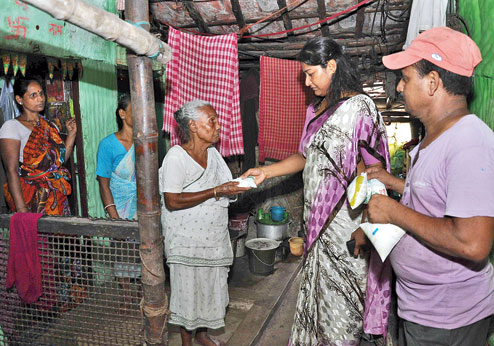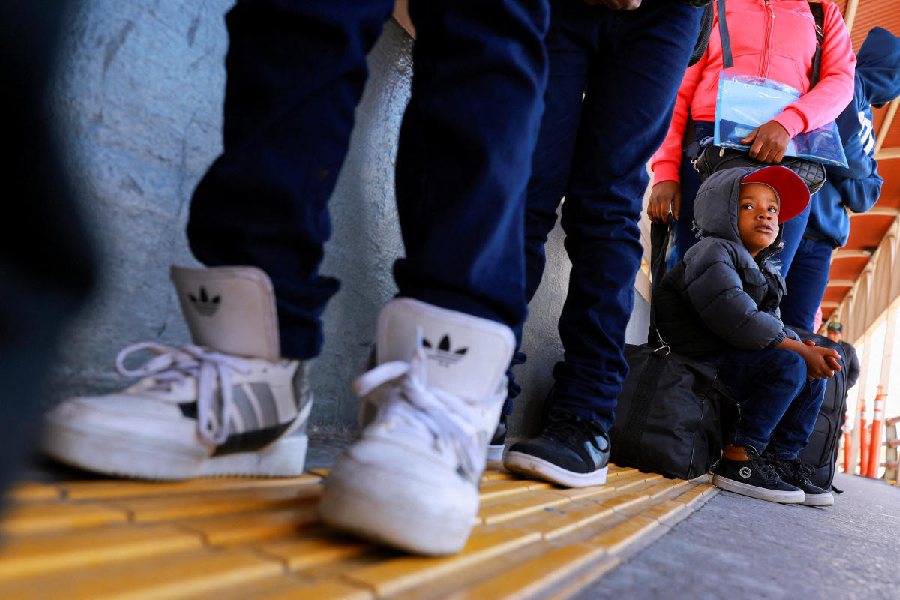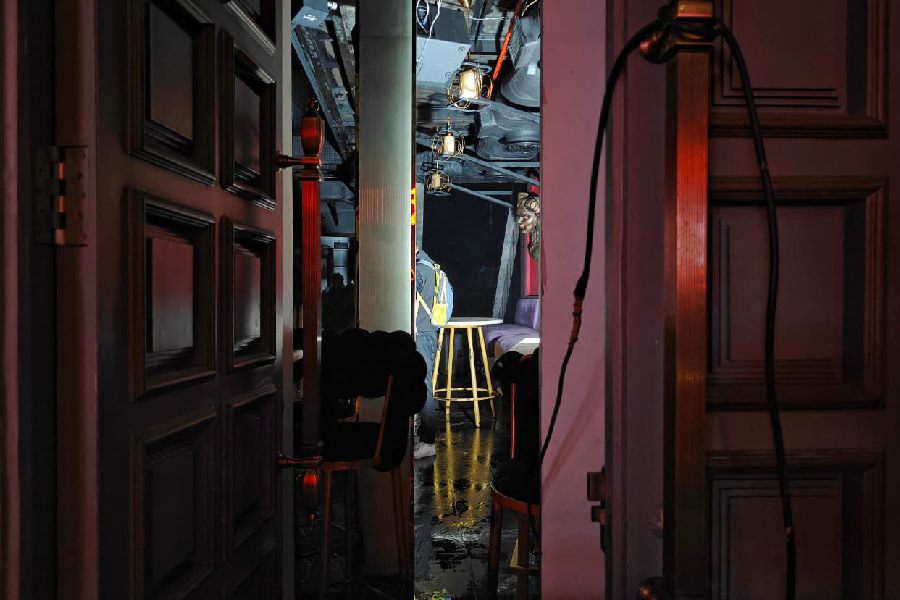

It all started on a chilly winter morning five years back in Howrah Maidan. Subrata Banerjee, a social worker, stepped out of a bus near Bangabasi cinema hall and spotted a young mother trying to cover up her infant in the cold. Banerjee wondered if he could give a little milk to the child. He must be hungry in the cold, he thought. He returned to the spot later in the day and gave the mother a small packet of milk for her child. The thought lingered on in Banerjee’s mind. He spoke about it to his philanthropist friends. What if such a service could be provided to several other unfortunate infants in Howrah?
The thought was enough to start a Milk Club. The aim was to supply milk to various economically backward households around central Howrah, where infants or children need to have milk for their nutrition, but their parents cannot afford it. The club started with just one member, three cans of milk and three beneficiaries. However, with time, as people came to know of this work, the demand multiplied.
At present, the number of beneficiaries stands at 55, the number of donors or members of the club has also gone up to 240. To ease the pressure on the members, the Milk Club committee members have formulated a simple rule. “The members are asked to save Rs 2 everyday in a container and at the end of every month, they bring the money to the club that runs from Kali Banerjee Lane in central Howrah. The money is used to buy the milk which is secretly supplied to various households every morning,” said Jarowa Bhattacharya, the secretary of Milk Club.
Confidentiality is strictly maintained at the club. “The purpose is to supply the milk to the concerned person on a daily basis. We do not let anyone know who is getting it. There are many senior citizens who seem to be well off. However, in reality they can hardly make ends meet. Some have children who live elsewhere and do not look after them. Their condition is pitiable and we do not like to embarrass them in any way. Even our members get to see the list of beneficiaries at the annual general meeting,” said Bhattacharya. The quantity supplied is usually a minimum of 250ml of milk per day per person.
The 55 beneficiaries also include those with emergency needs. “Sometimes we get requests from people who have just had a surgery and are recuperating. They cannot afford to buy milk, so we arrange for it. Many pregnant women, who probably work as domestic helps or those women who have just delivered a baby, need to drink milk for their own health. We supply milk to such women for a period of six months. We cannot afford to do more than that,” said Bhattacharya.
The main constraint at the Milk Club is funds. Although membership has increased mainly by word of mouth, the number must increase further so it can run successfully. “There are still many people in need, but we cannot oblige because of funds,” said Bhattacharya.











